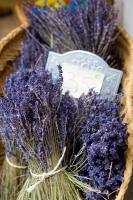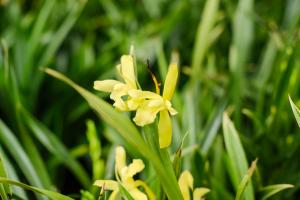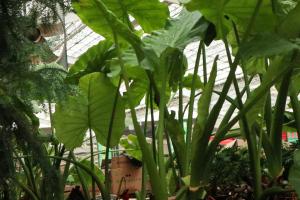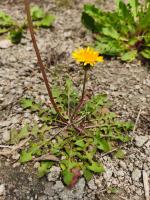Is a Weak Chlorine Water Good for a Plant Spray?
Gardening enthusiasts are always looking for cost-effective and efficient ways to protect their plants from diseases and pests. While some swear by commercial pesticides and fungicides, others explore alternative solutions. One such method is using weak chlorine water as a plant spray. Chlorine has a reputation for being a potent disinfectant, but can it be beneficial for plants? In this article, we will explore the pros and cons of using weak chlorine water as a plant spray.
The Benefits of Using Weak Chlorine Water
Chlorine has long been used as a water purification agent. Many gardeners believe that a small amount of chlorine water can also prevent fungal and bacterial diseases in plants. Chlorine can break down the cell walls of bacteria and fungi, making them susceptible to destruction by the plant's immune system. Additionally, spraying weak chlorine water on plants can remove any dust and debris that may have accumulated on the leaves, further protecting the plants from disease.
Another benefit of using weak chlorine water is that it can help sterilize gardening tools. Gardeners should regularly clean their tools to avoid the spread of disease between plants. Soaking the tools in a weak chlorine water solution can help prevent the transfer of harmful bacteria and fungi between plants.
The Drawbacks of Using Weak Chlorine Water
While there are benefits to using weak chlorine water as a plant spray, it is also essential to consider the potential drawbacks. Chlorine can be toxic to plants if used in high concentrations. Even weak chlorine water can damage the leaves and stunt growth if applied inappropriately. Furthermore, chlorine can cause soil acidity, which will harm soil-dwelling microbes, leading to a decline in soil quality over time.
Another drawback of using weak chlorine water is that it kills beneficial insects. Spraying weak chlorine water on plants can also eliminate helpful insects like honeybees, which are critical for pollinating and feeding plants. Therefore, caution and careful application are necessary to prevent damage to the insect population.
How to Use Weak Chlorine Water as a Plant Spray
When used correctly, a weak chlorine water solution can be an effective and low-cost plant spray. The recommended concentration for a weak chlorine water solution is one tablespoon of bleach per gallon of water. Before using, ensure that the spray bottle is clean and free of any chemical residues that may harm the plants.
When applying the spray, ensure that the leaves are fully covered but not soaking wet. Avoid spraying in direct sunlight, as this can cause the water to evaporate too quickly and potentially damage the plants. It is best to use weak chlorine water spray during the early morning or late afternoon when the sun is not as intense.
Conclusion
While using a weak chlorine water solution as a plant spray has benefits, it is equally important to consider the drawbacks. However, if used appropriately, weak chlorine water can be an effective method for preventing and treating fungal and bacterial diseases in plants. Always remember to follow safety guidelines when handling chemicals, including chlorine water, and avoid spraying in windy conditions or in direct sunlight.

 how many times do yo...
how many times do yo... how many planted tre...
how many planted tre... how many pine trees ...
how many pine trees ... how many pecan trees...
how many pecan trees... how many plants comp...
how many plants comp... how many plants can ...
how many plants can ... how many plants and ...
how many plants and ... how many pepper plan...
how many pepper plan...































